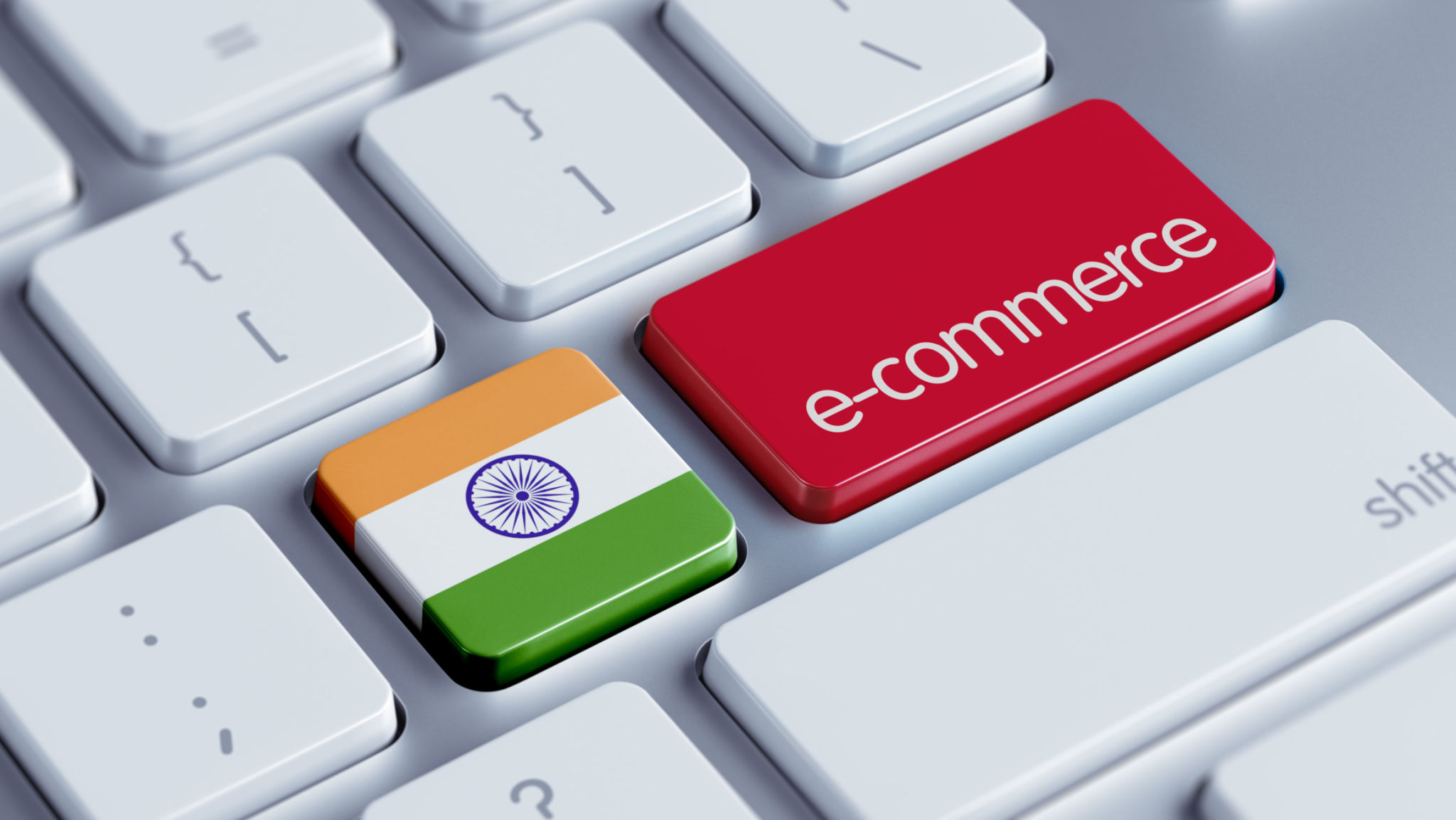Exploring Similar Disruptive Technologies in India: What You Need to Know
The Rise of Disruptive Technologies in India
In recent years, India has emerged as a powerhouse for disruptive technologies, reshaping various industries and creating new opportunities. From fintech to healthcare, these innovations are not just changing the way businesses operate but are also impacting everyday lives. Let's delve into some of the key disruptive technologies taking center stage in India.

Fintech Revolution
The fintech sector in India has witnessed tremendous growth, primarily driven by digital payment platforms, peer-to-peer lending, and blockchain technology. Companies like Paytm, PhonePe, and Razorpay have revolutionized payment systems, making transactions faster and more secure. Additionally, the adoption of blockchain technology is enhancing transparency and reducing fraud in financial services.
With the government's push towards a cashless economy, digital wallets and Unified Payments Interface (UPI) have become household names. This shift not only facilitates easier transactions but also encourages financial inclusion, reaching even the most remote areas of the country.
Healthcare Innovations
The healthcare industry in India is undergoing a transformation with the integration of artificial intelligence (AI), telemedicine, and wearable technology. AI-powered diagnostic tools are enabling quicker and more accurate diagnoses, while telemedicine platforms are bridging the gap between patients and healthcare providers, especially in rural areas.

Wearable technology is another game-changer, allowing individuals to monitor their health in real-time and share data with healthcare professionals. These innovations are making healthcare more accessible and personalized, ultimately improving patient outcomes.
E-commerce and Retail Disruption
With the advent of e-commerce giants like Flipkart and Amazon, the retail landscape in India has been completely transformed. These platforms leverage big data and AI to offer personalized shopping experiences and predictive analytics to enhance inventory management.
Moreover, the rise of direct-to-consumer (DTC) brands is challenging traditional retail models. By cutting out intermediaries, DTC brands provide better value to consumers while maintaining strong brand loyalty.

Renewable Energy Advancements
India's commitment to renewable energy is evident through its significant investments in solar and wind energy technologies. The country aims to achieve ambitious renewable energy targets, reducing its carbon footprint and ensuring sustainable development.
Innovations in solar panel technology and energy storage solutions are making renewable energy more efficient and affordable. This shift not only addresses environmental concerns but also creates economic opportunities by generating employment in the renewable sector.
Challenges and Opportunities
While disruptive technologies present immense opportunities, they also pose certain challenges. Issues such as data privacy, cybersecurity threats, and regulatory hurdles need to be addressed to ensure sustainable growth. Businesses must navigate these challenges carefully to harness the full potential of disruptive technologies.
On the flip side, there are numerous opportunities for startups and established companies to innovate and lead in this dynamic environment. By embracing these technologies, businesses can enhance efficiency, reduce costs, and improve customer experiences.
Conclusion
In conclusion, disruptive technologies are revolutionizing various sectors across India, paving the way for a more connected and efficient future. As these technologies continue to evolve, they hold the promise of transforming not just industries but entire economies. Staying informed and adaptable is crucial for businesses and individuals alike to thrive in this era of rapid technological change.
